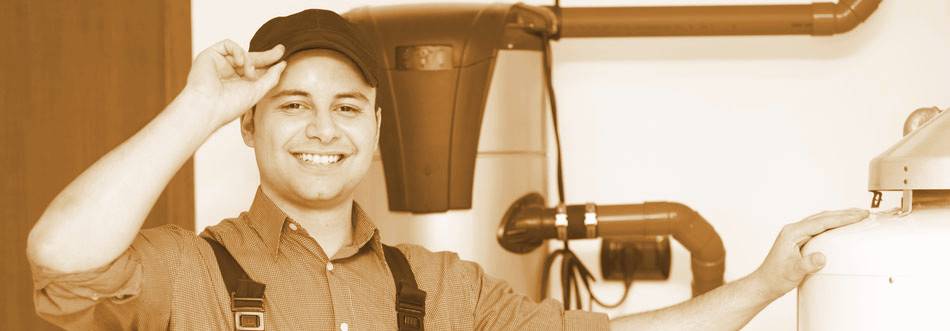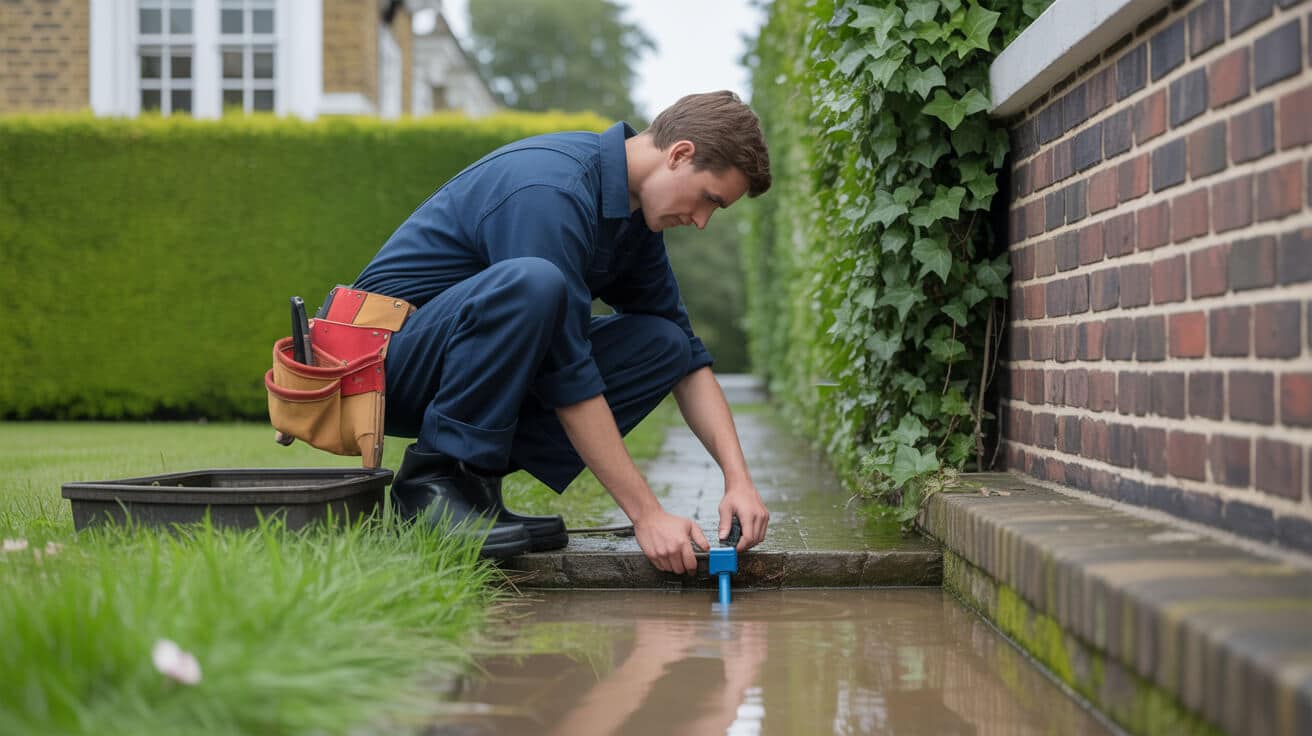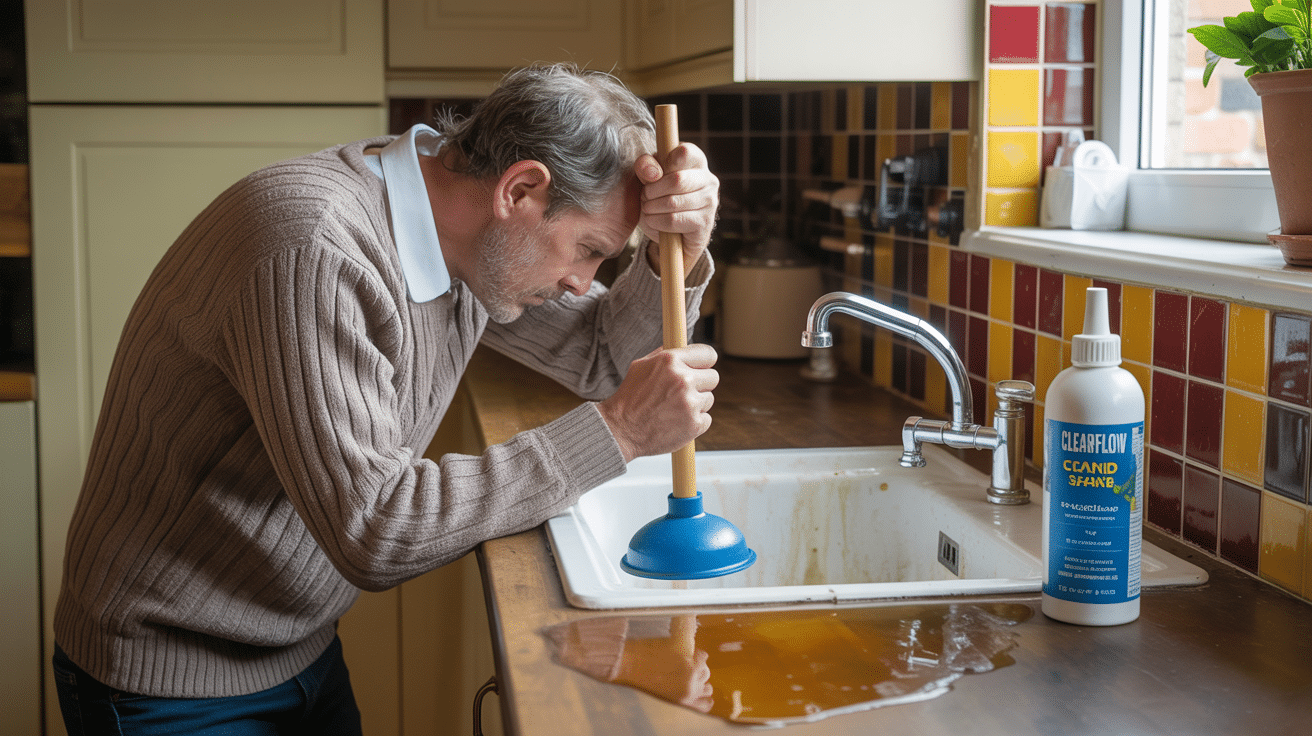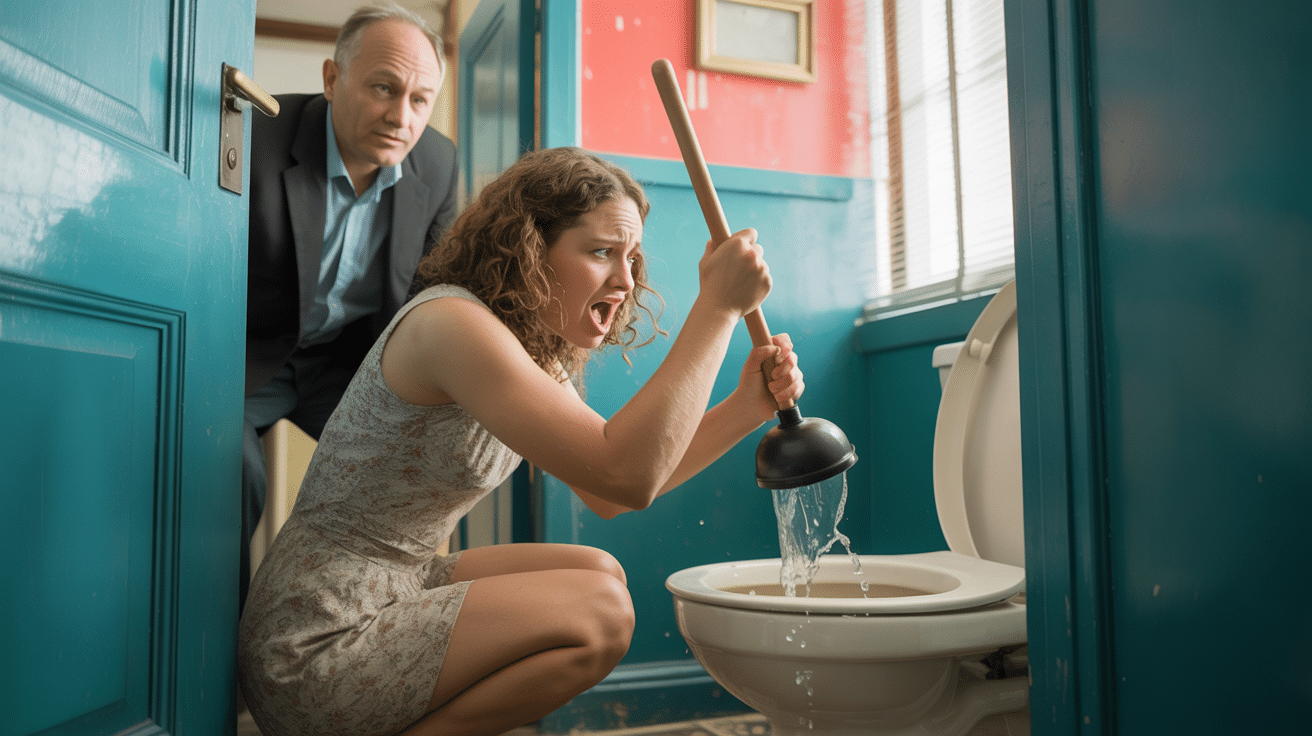 Habits that waste water that you’re not aware of
Habits that waste water that you’re not aware of

A recent survey revealed 80 percent of Brits admitted to wasting water regularly, which is shocking considering up to 3 million households can’t afford to pay for their growing water bills.
Fortunately, wastewater issues can be reversed. In this article, I give my top tips for saving money on your water bills by making these small changes to our daily habits.
Taps and toilets
Common habits like leaving taps on when you’re brushing your teeth and over-flushing may seem trivial, but they inevitably cause costs to rise.
Conventional toilets can use up to 13 litres of water per flush and even the more environmentally friendly, dual-flush toilets can set you back 4-6 litres per flush. To cut back on the water lost to flushing, consider putting in a cistern displacer.
These occupy space in the tank that otherwise would be filled with water, helping you limit the amount you use.
Be conscious about keeping taps running, as this can waste up to 6 litres per minute. When brushing your teeth or washing your hands, only have the tap running when you need to use it, to prevent wasting water.
Over-using hosepipes
Depending on how you go about it, washing your car can be a serious source of water wastage. People often don’t realise that hosepipes can churn out 170 litres of water every ten minutes.
If you need to give your car a good scrub, use a bucket and sponge instead. This means you’re using less water and, more importantly, only the amount you need.
If you must use your hosepipe, it’s worth putting a hose attachment on the end. This will let you control the flow to target specific areas.
We’re often also wasteful when it comes to watering our plants. Water from hosepipes encourages plants to develop shallow roots at the expense of deeper ones. Once this has happened failure to water regularly, can be almost as damaging as drought conditions.
Ignoring leaky pipes
If you notice stains or mould appearing on the walls, a sudden hike in water bills, or strange noises coming from the walls, these could be signs of leaking pipes.
The UK wastes a staggering 3.3 billion litres of water a day from leaky pipes, so if you start to see or hear signs of dodgy pipes, it’s best to call a professional quickly. They will have the right equipment and necessary know-how to solve the problem as quickly as possible.
Loading your appliances
Surprisingly, dishwashers save more water compared to hand washing, using only 12 litres per wash cycle. Modern washing machines are similarly good with water; these only use 9.5 litres per kilogramme of clothing.
Despite their efficiency, we shouldn’t get too comfortable overusing them; especially with older models that tend to be more wasteful.
Try to only wash your clothes on a full load and avoid using the ‘extra rinse’ option unless, for example, allergies mean you would need to.
Fill your dishwasher completely to get the most out of your water. Avoid rinsing before as it’s wasteful – a well-maintained dishwasher should be able to handle a load just fine.
Baths and showers
Believe it or not, taking a shower is a surprising source for home water waste. Most people think they use less water than baths, but this isn’t the case, as a 10-minute shower can be more wasteful than running a bath.
Non-water-efficient showerheads use anywhere from 12 – 22 litres of water per minute whereas a 3-star rated, WELS shower only uses around 9 litres.
As tempting as it may be to indulge, decreasing how high we fill our baths and reducing time in the shower are some of the best ways to reduce water waste and cut costs.



